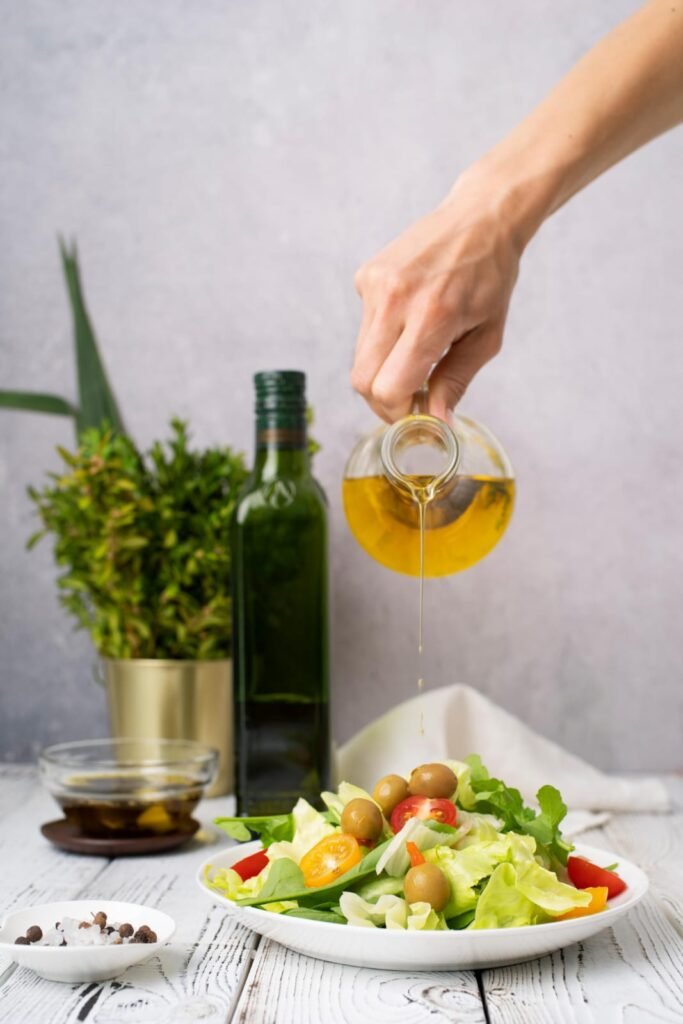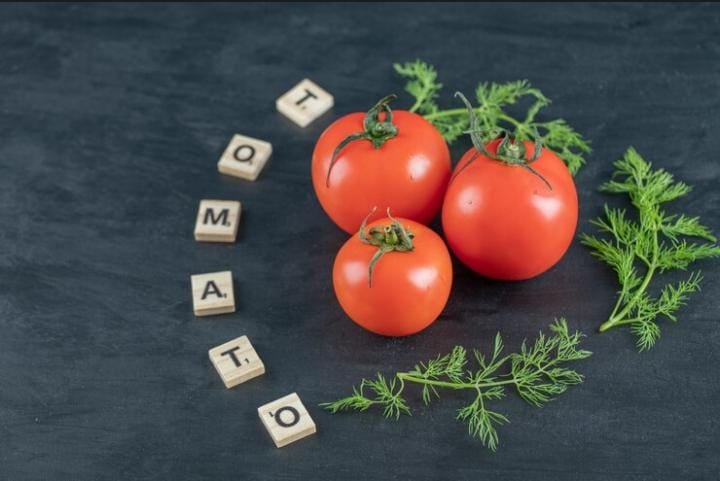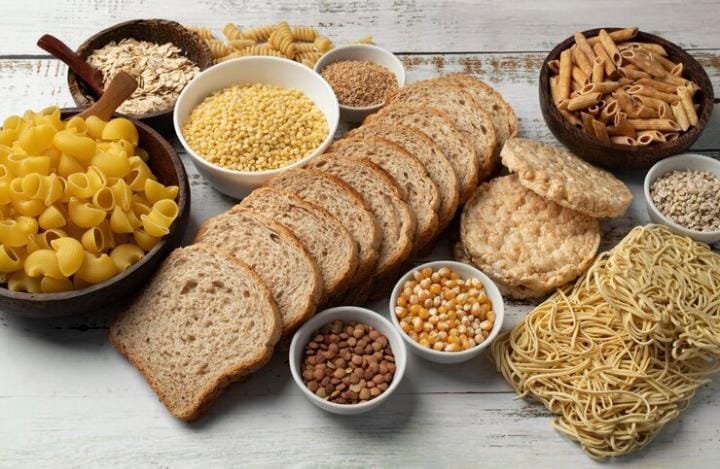
Food That Fight Inflammation: A Natural Way to Boost Your Health
Food That Fight Inflammation: A Natural Way to Boost Your Health
Inflammation is your body’s natural response to injury or infection. While short-term inflammation is essential for healing, chronic inflammation can contribute to serious health issues like heart disease, diabetes, arthritis, and even some cancers. The good news? You can help your body combat inflammation with the right foods. Incorporating anti-inflammatory foods into your daily diet is a simple and effective way to support overall health and wellbeing.
Understanding Inflammation and Its Causes

Inflammation is the immune system’s way of protecting the body. It can be triggered by infections, injuries, toxins, and even poor lifestyle choices such as a diet high in processed foods, sugar, and trans fats. Chronic inflammation often develops silently, leading to long-term damage to cells and tissues.
Adopting a diet rich in natural anti-inflammatory foods can reduce oxidative stress, support the immune system, and improve overall wellness. Let’s explore some of the top foods that fight inflammation.
Fatty Fish: Rich in Omega-3s
Fatty fish such as salmon, mackerel, sardines, and tuna are excellent sources of omega-3 fatty acids, which have powerful anti-inflammatory effects. Omega-3s help reduce the production of inflammatory compounds in the body, lowering the risk of chronic diseases.
Tip: Aim for at least two servings of fatty fish per week to reap the anti-inflammatory benefits.
Colorful Fruits: Nature’s Antioxidant Powerhouses

Fruits like berries, oranges, cherries, and grapes are packed with antioxidants, vitamins, and fiber. These nutrients help neutralize free radicals, which can trigger inflammation. Blueberries, strawberries, and raspberries are particularly effective due to their high content of anthocyanins, compounds known for their anti-inflammatory properties.
Pro Tip: Include a variety of colorful fruits in your daily meals or as snacks to maximize antioxidant intake.
Leafy Greens: Vitamin-Rich Anti-Inflammatory Foods
Leafy greens like spinach, kale, and Swiss chard are rich in vitamins, minerals, and phytonutrients that combat inflammation. They are high in vitamin K, which plays a role in regulating the body’s inflammatory responses.
Adding a generous handful of greens to your salad, smoothie, or stir-fry can make a significant difference in managing inflammation.
Nuts and Seeds: Healthy Fats for Inflammation Control
Almonds, walnuts, chia seeds, and flaxseeds are excellent sources of healthy fats and other nutrients that reduce inflammation. Walnuts, for example, are rich in omega-3 fatty acids and polyphenols, compounds known to combat oxidative stress.
Tip: Keep a small daily portion of nuts or seeds as a snack to help reduce inflammatory markers in the body.
Olive Oil: The Anti-Inflammatory Cooking Essential

Extra virgin olive oil is a staple in anti-inflammatory diets, especially the Mediterranean diet. It contains monounsaturated fats and phenolic compounds that help decrease inflammation. Using olive oil as a primary cooking fat instead of butter or margarine can support overall heart health.
Pro Tip: Drizzle extra virgin olive oil over salads or roasted vegetables for maximum benefit.
Tomatoes: Rich in Lycopene

Tomatoes are a rich source of lycopene, a powerful antioxidant that reduces inflammation. Cooking tomatoes increases the availability of lycopene, making tomato sauces, soups, or stews highly beneficial.
Tip: Pair tomatoes with olive oil to improve lycopene absorption.
Garlic and Onions: Natural Anti-Inflammatory Agents
Garlic and onions contain sulfur compounds and antioxidants that have potent anti-inflammatory properties. Regular consumption may help reduce the risk of chronic diseases and support immune health.
Tip: Include garlic in sauces, stir-fries, or dressings for a flavorful, inflammation-fighting boost.
Whole Grains: Fiber-Rich Inflammation Fighters

Whole grains like oats, brown rice, quinoa, and barley are rich in fiber and nutrients that reduce inflammation. Fiber helps regulate blood sugar levels and supports gut health, both crucial for controlling inflammation.
Tip: Replace refined grains with whole grains to enhance your diet’s anti-inflammatory potential.
Green Tea: A Calming Beverage With Anti-Inflammatory Properties
Green tea is rich in polyphenols, particularly epigallocatechin-3-gallate (EGCG), which has strong anti-inflammatory effects. Regular consumption may help reduce inflammation and protect against chronic diseases.
Tip: Enjoy 2–3 cups of green tea daily, either hot or iced, as part of a healthy lifestyle.
Spices That Fight Inflammation
Certain spices have potent anti-inflammatory effects, including turmeric, ginger, cinnamon, and cayenne pepper. Turmeric contains curcumin, a compound widely studied for its ability to reduce inflammation and oxidative stress.
Tip: Add these spices to curries, soups, smoothies, or teas for a flavorful inflammation-fighting boost.
Foods to Avoid for Inflammation
While focusing on anti-inflammatory foods is essential, avoiding pro-inflammatory foods is equally important. Highly processed foods, sugary snacks, refined carbohydrates, and excessive red or processed meats can trigger inflammation. Limiting these foods can improve the effectiveness of your anti-inflammatory diet.
Conclusion: Eat Smart, Live Healthy
Inflammation doesn’t have to control your health. By incorporating foods that fight inflammation into your daily diet, you can naturally support your immune system, reduce the risk of chronic diseases, and enhance overall wellness. Fatty fish, colorful fruits, leafy greens, nuts, olive oil, tomatoes, garlic, whole grains, green tea, and anti-inflammatory spices are excellent choices to start with.
Remember, small changes in your diet can lead to big improvements in health. Eating smart is one of the most effective ways to live a long, healthy, and inflammation-free life.
